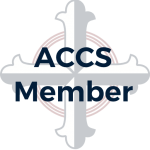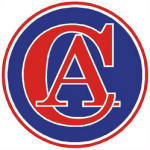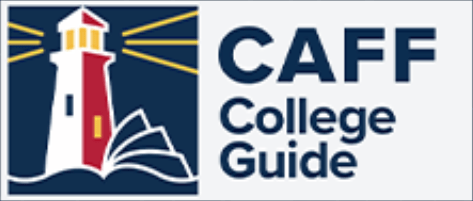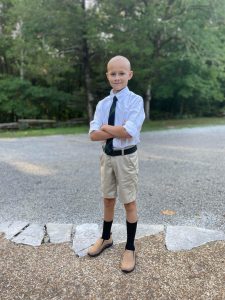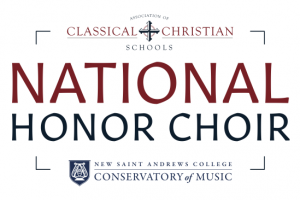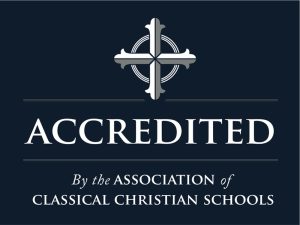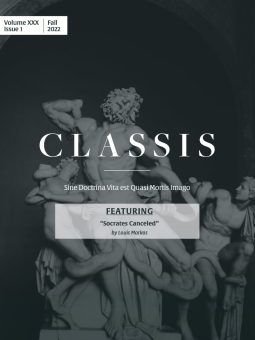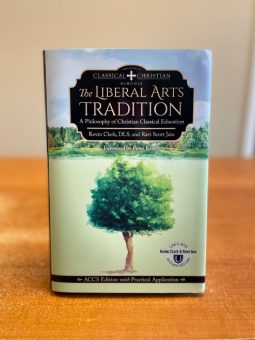ACCS Music Resources
“All for Music, Music for All: A Model for a School-Wide Music Literacy Program — Ed Lang & Jarrod Richey (2016)”
Our schools should be impacting culture by sending out the best composers, musicians, and worshippers of the coming generations. Choir, a bit of classical music in the background, and hymns during chapel are not enough. Let’s talk about how classical Christian schools are poised to serve the kingdom in the recovery of true music literacy and why they should be doing it. But with class schedules already strained to pack in the basics, how can a school also teach students to read, write, and sing music? In this session, you will hear from a school administrator and music teacher about how and why their school has structured the day to accomplish this goal from K4 through 12th grade (and it is easier than you think).
Ed Lang has been the headmaster of Geneva Academy in Monroe, LA since 2002, teaching previously at Baton Rouge Classical Christian School. Ed attended the University of Wisconsin–Marshfield, Central Bible College in Springfield, MO, and is a graduate of New Saint Andrews College, Moscow, ID. In addition to his duties as headmaster, Ed teaches logic, rhetoric, and the humanities. He and his lovely wife, Heidi, have five children (Megan, Morgan, Cameron, Carter, and Miles). He enjoys playing drums and aspires to the upright bass. [At the time of publication]
“The Poetics of Music — Greg Wilbur (2007)”
The proponents of the Enlightenment removed the study of music from the core of curriculum and from its prominence as one of the seven liberal arts. In the implementation of the trivium, we have begun the process of recovering these liberal arts; however, we often neglect the full reintegration of music in our curriculum. Our inability to think intelligently about music causes us to adopt a more secular approach of study.
Gregory Wilbur is Chief Musician at Cornerstone Presbyterian Church in Franklin, TN, as well as Dean and Senior Fellow of New College Franklin—a Christian liberal arts college that he helped to start. He enjoys discipling students and walking them through classics of literature, film, and music. He earned his Masters in Music Composition at the University of Alabama. He is the author of Glory and Honor: The Music and Artistic Legacy of Johann Sebastian Bach and has released two CDs of his compositions of congregational psalms, hymns and service music. In addition, he writes for choir, orchestra, film and chamber ensembles. His wife, Sophia, homeschools their daughter, Eleanor, and they all enjoy reading, cooking, taking walks and enjoying life in middle Tennessee. [At the time of publication]
“Music as a Liberal Art — John Hodges (2009)”
Why was music included in the quadrivium? What does music have to do with the order of the cosmos? This talk will attempt to give a rationale for the inclusion of music as a liberal art, give connections between beauty and the triune God, and offer reasons for why music and aesthetics should each play an integral part in the content of a classical Christian education.
John Mason Hodges is a conductor, lecturer, composer, and writer. He holds degrees in music from University of Maryland and Indiana University, and worked as a professional conductor from 1983-2009. He lectures on the subjects of aesthetics, classical education, and music, and writes for various publications on the arts. He held the position of Associate Professor of the Arts and Culture at Crichton College where he taught classes on worldview, history of music and visual art, and reader’s theater; directed theater productions, and was founding director of the Institute for the Arts and Cultural Apologetics. He is founder and director of the Center for Western Studies, and serves as scholar-in-residence for the National Fellows movement. [At the time of publication]

